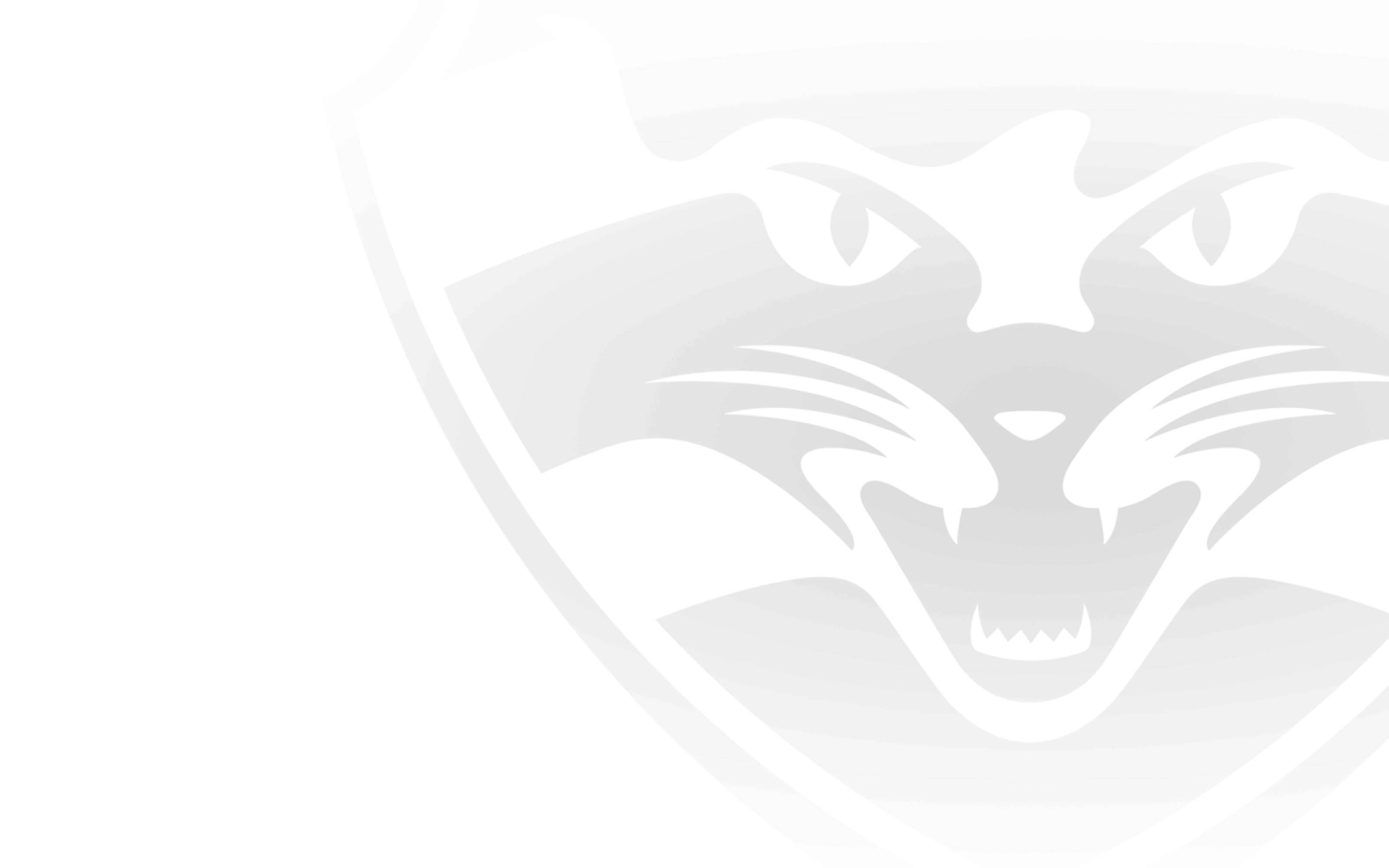The AFLW has proudly launched its 2024 Indigenous Round, which will be held across Week 9 and Week 10 of the 2024 NAB AFLW Premiership Season.
The significant contribution of Aboriginal and Torres Strait Islander women and girls to Australian football and the broader community will be celebrated throughout AFLW Indigenous Round over the next two weeks.
‘Spirit Strong, Game On’ is the theme for the dedicated round, which recognises the resilience and strength of Aboriginal and Torres Strait Islander peoples. The theme honours Aboriginal and Torres Strait Islander peoples’ traditions, cultures and enduring spirit, as well as their ongoing impact and legacy in Australian Rules Football and society.
Six AFLW Clubs will swap their name for traditional in-language names – for the first time in the AFLW the Adelaide Crows will become ‘Kuwarna’ (pronounced goo-wun-na), St Kilda will be known as Euro-Yroke (pronounced yoo-roe yoo-roe-ck), and the West Coast Eagles will be known as Waalitj Marawar (pronounced wah-litch mara-wah), joining Fremantle Walyalup (pronounced wul-yul-up), Port Adelaide as Yartapuulti (pronounced Yarta–pole-tee), and Melbourne known as Narrm (pronounced na-arm).
As part of the dedicated round the AFLW will acknowledge the Traditional Custodians of the land each match is played on, with ground signage at all matches to feature the name of the Traditional Owners and a representation of the Aboriginal women’s art symbol on the field. The AFLW Indigenous Round Sherrin is designed by proud Kaurna, Ngarrindjeri and Nurrunga woman, Gabriel Stengle.
In addition, all 18 AFLW Clubs will wear specially designed Indigenous Round guernseys, while umpires at all matches across Weeks 9 and 10 will wear uniforms designed by Noongar Wandandi Boodja man and current umpire, Joshua James.
AFL Executive General Manager Inclusion and Social Policy Tanya Hosch said the AFLW was looking forward to celebrating Indigenous Round and the theme ‘Spirit Strong, Game On’ across the two weeks.
“The AFLW Indigenous Round has become one of the great fixtures of the NAB AFLW Season, as we celebrate the contributions of Aboriginal and Torres Strait Islander women and girls to Australian football and the broader community across the two weeks,” Ms Hosch said.
“The Spirit Strong, Game On theme reflects the incredible resilience that Aboriginal and Torres Strait Islander peoples have always shown in this country. The theme resonates with Aboriginal and Torres Strait Islander players and their families as a reflection of their culture, determination, talent and strength.
“It is also an important opportunity to elevate the voices of Indigenous women in our code, to celebrate their expression of culture and what football means to them and their communities.”
Tickets are on sale now for only $15 with kids under 18 free at tickets.afl.
Sherrin Design
The match ball for the 2024 Indigenous Round has been designed by Gabriel Stengle – a proud Kaurna, Ngarrindjeri and Nurrunga woman.
As part of the design, the word Sherrin will be replaced with the phrase ‘Tidna Parntu’ meaning ‘football’ in Kaurna language.
The waterholes are connected through journey lines to represent the journey of the AFLW community. The Kangaroo tracks represent the AFLW’s vision of always moving forward and never backwards.
The base emulates the Coolamon, a tool predominately used by women for gathering food, berries and to hold their babies. The Coolamon was carved from trees and decorated with burn marks or natural points. These can be found throughout Australia connecting us through culture and as women.
Geelong's Guernsey
Geelong’s AFLW team will wear the Club’s 2024 First Nations guernsey, titled ‘Layers of the Land’, in Week 9 and Week 10 as part of the AFLW’s Indigenous Rounds.
Launched earlier this year ahead of the AFL’s Sir Doug Nicholls Round, the guernsey, designed by Keerray Woorroong and Yorta Yorta woman Sherry Johnstone, speaks to the importance of looking after our environment and celebrating the unique elements of the Australian landscape that First Nations people have called home for more than 60,000 years.



